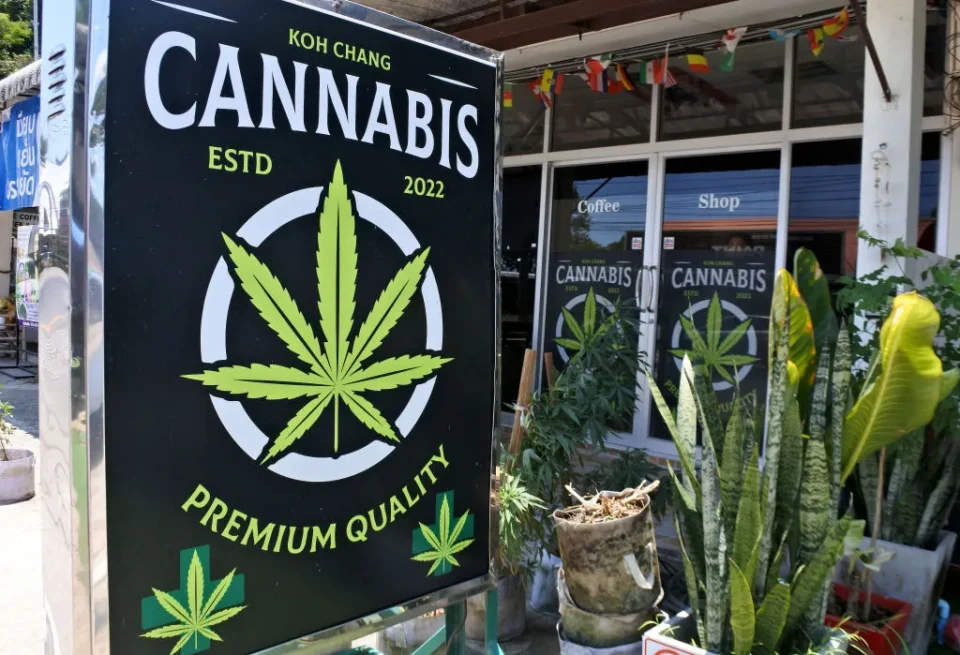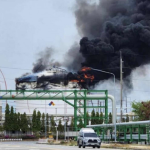The recent reversal by the Pheu Thai-led government on the cannabis decriminalisation policy of the previous administration has sparked criticism, with activists pledging to protest against the plan to reclassify cannabis as a narcotic.
Prime Minister Srettha Thavisin announced the government’s intention to reclassify cannabis as a narcotic, emphasizing that this decision should not create tensions within the coalition, particularly with the Bhumjaithai Party.
Cannabis had been decriminalised in 2022 after the party championed the issue as a central campaign policy before the 2019 election. “The coalition government is making this decision in the best interests of the people,” stated Mr. Srettha.
When questioned about whether he had consulted with Interior Minister and Bhumjaithai leader Anutin Charnvirakul on this matter, Mr. Srettha indicated that he believed relevant authorities had already discussed it.
In a meeting on Wednesday, Mr. Srettha and officials deliberated on the country’s narcotics issue. The prime minister expressed concerns about the societal impact of the drug problem and instructed government agencies to intensify efforts in combating drug trafficking, seizing drug-related assets, and enhancing rehabilitation programs for addicts.
Emphasizing drug suppression as a national priority, Mr. Srettha directed the Public Health Ministry to revise regulations to return cannabis to the Category 5 Narcotics list and to ensure its use is strictly limited to medical purposes by the year’s end.
Bhumjaithai leader Anutin emphasized that delisting cannabis from the narcotics list had been approved by the National Narcotics Control Board. Any reclassification of cannabis would require the Public Health Ministry to gather ample supporting information and secure the backing of health committees.
Prasitchai Nunual, the secretary-general of the Cannabis Future Network, declared intentions to lead a significant protest in front of Government House if plans proceed to reclassify cannabis as a narcotic.
Though cannabis liberalisation was a key promise made by Bhumjaithai before the 2019 election, questions remain regarding the extent of regulations and control over its use. While cannabis cultivation and use for medicinal purposes have been permitted, the absence of comprehensive legislation has led to concerns over unregulated industry practices and foreign investments in cannabis-related businesses.
Efforts to pass a cannabis control bill in parliament faced setbacks, with opposition parties arguing for tighter regulations. The future of cannabis liberalisation in Thailand remains uncertain pending further legislative action.




